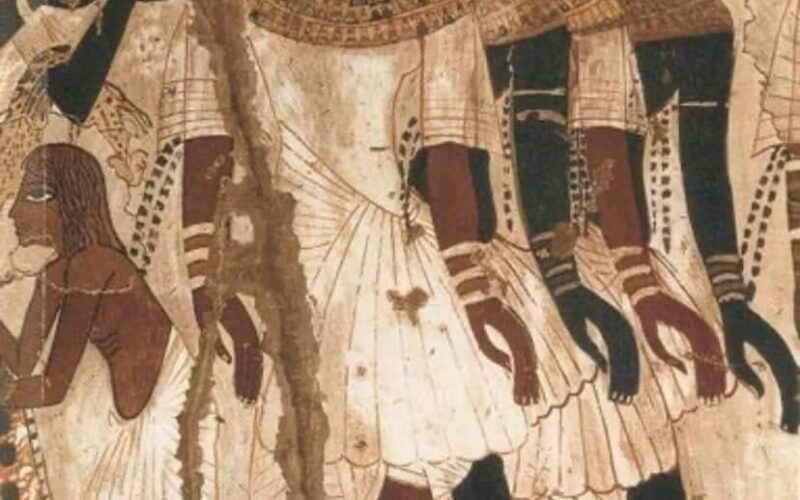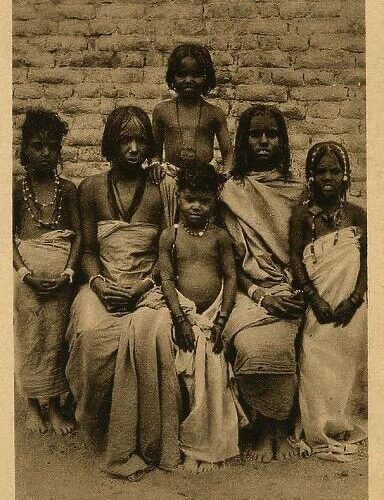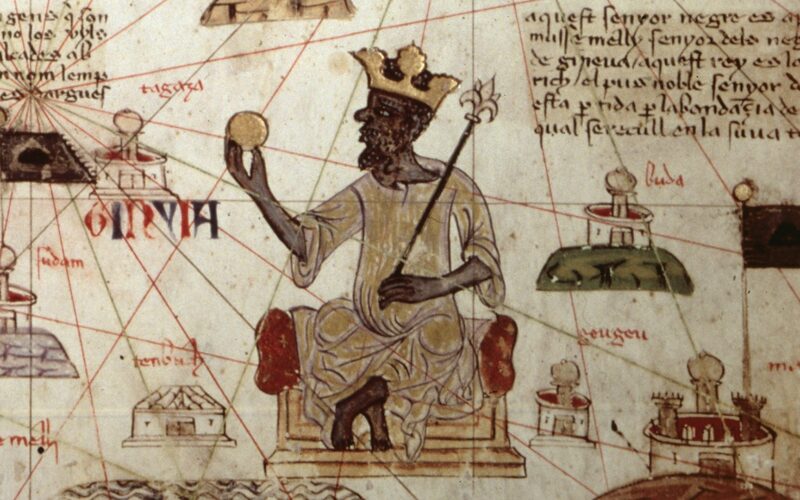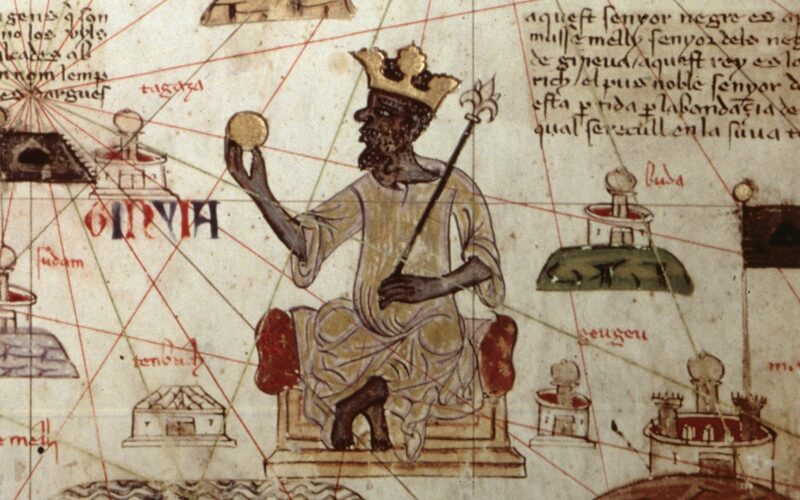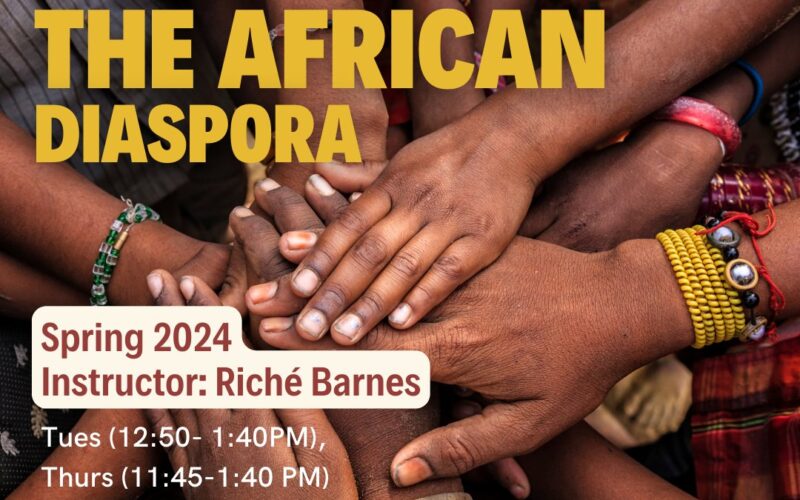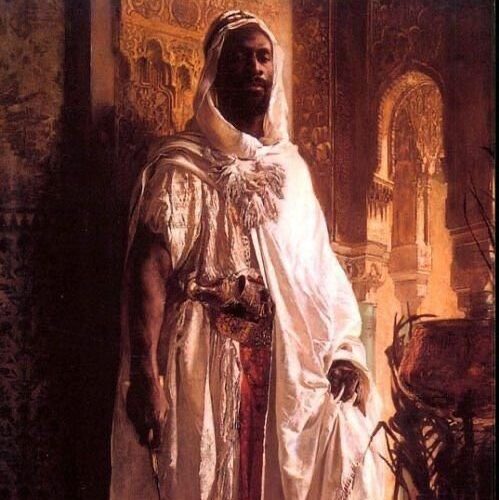
African Europeans: An Untold History
In the grand narrative of European history, the presence and contributions of Africans have often been marginalized or overlooked. Olivette Otele's seminal work, African Europeans: An Untold History, seeks to rectify this omission by illuminating the lives and legacies of Africans in Europe from antiquity to the present day. Through meticulous research and compelling storytelling, Otele challenges the conventional Eurocentric perspective, revealing a more inclusive and accurate portrayal of Europe's past. A Personal Journey into History Olivette Otele, the first Black woman to become a history professor in the United Kingdom, brings a unique and deeply personal perspective to her…



